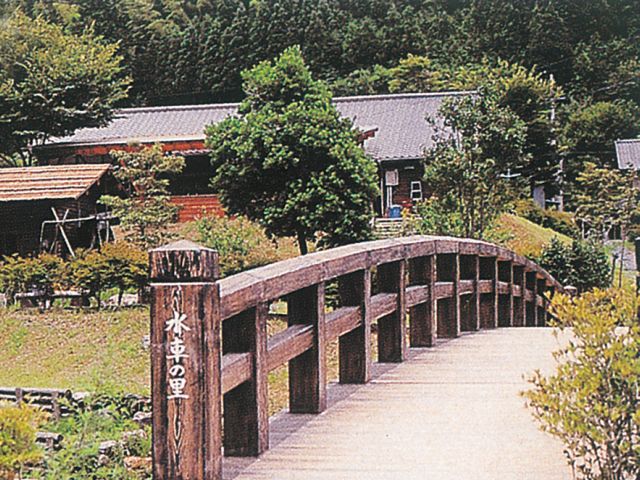
Roadside station in the mountain area of Tenryu-ku, Hamamatsu City, Shizuoka Prefecture, Japan. At the goods museum "Blatto", handmade products such as raw soba, miso and konjac are sold. At the restaurant "Kaasan's shop", you can enjoy meals centered on soba. In the experience workshop "Mizutanosato", you can experience handmade soba noodles, gohei rice cakes, and konjac.
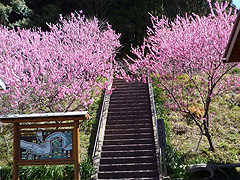
A roadside station nestled in nature facing the Tenryu River. You can also enjoy a chopping board of Tenryu cypress, a corner for selling local vegetables, mellow and healthy flower peach curry 680 yen with stewed vegetables, and flower peach soft (strawberry flavor) 300 yen. One piece of old-fashioned wheat buns, 135 yen, a weekday lunch of 650 yen, and a tonkatsu prix meal of 900 yen are also popular.
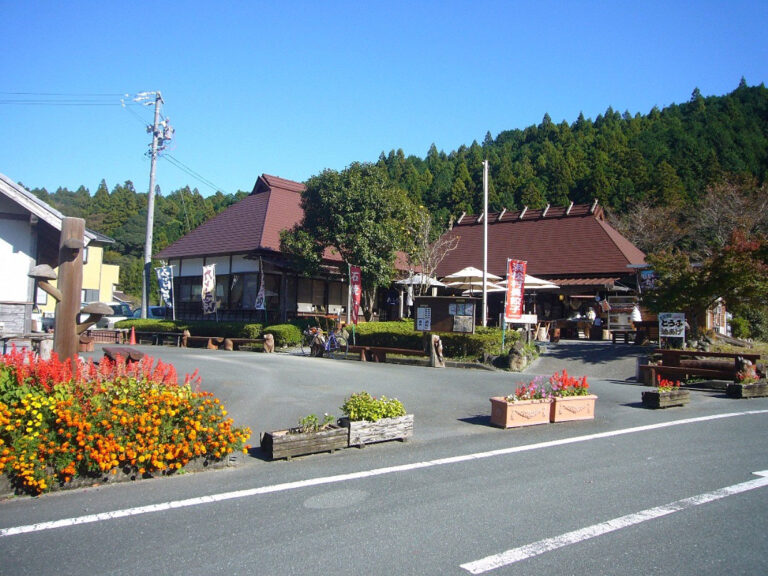
A leafy roadside station along the Akiba Kaido, near the Akiba Shrine. It is a relaxing station where you can always taste delicious Tenryu tea and, as the name suggests, feel free to eat. Fresh mountain goodies such as locally grown shiitake mushrooms, tea and vegetables are lined up in the direct sales office, and the specialty steamed bread "Tabemaika", "shiitake croquette" and "shiitake soft ice cream" are also well received. Tempura using local ingredients is popular at the restaurant "Menkokoro Yokogawa".
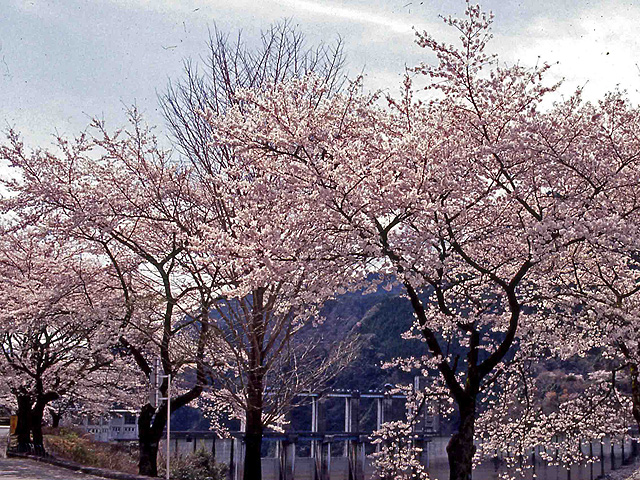
Cherry blossoms are planted around the Sakuma Dam area, which is wonderful, coupled with the fresh green of spring. At Sakuma Electric Power House, you can learn the science of electricity while watching and experiencing footage of the time of the dam's construction. In addition, at Koshishi Square, you can see a monument of Emperor Hirohito.
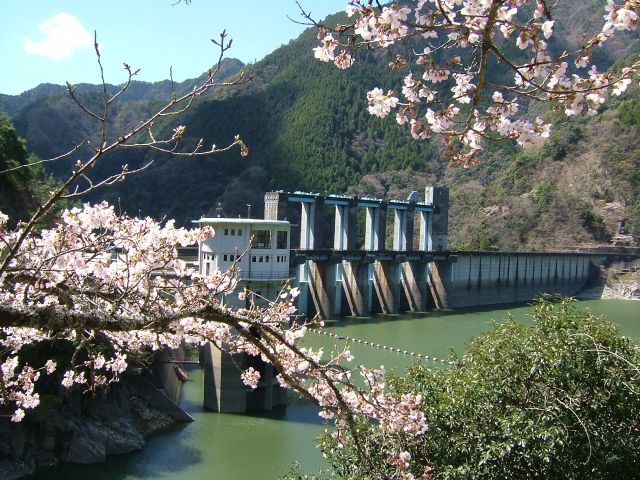
In 1956, a dam built by blocking the Tenryu River, which was called the "Rampage Tenryu". With a height of 155.5m and a total length of 293.5m, it is one of the largest hydroelectric power plants in Japan and has an annual power generation. At a short distance from the dam, there is Sakuma Electric Power House: 053-965-1350, free entry, 9-16:30, closed on Mondays (in the case of public holidays, the next day is closed in August, and closed from December 28 to January 3).
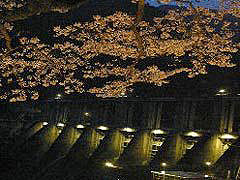
It was built in 1958 as a dam for the reverse adjustment of Sakuma Dam on the upper Tenryu River. Lake Akiba, which was created by this, is known as a place of cherry blossoms, and about 1000 Yoshino cherry trees planted on the lakeside in the spring are allowed to blossom all at once. You can also enjoy carp, crucian carp, and Ayu fishing.
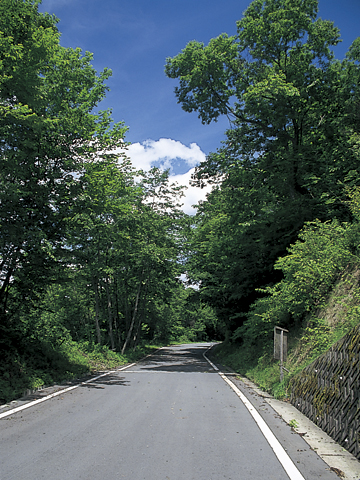
A forest road with a total length of 53km that runs like stitching up a succession of southern Alpine ridges in the north, and on the way is full of attractions such as the Mizuboku Dam and the Sanzumi Shrine, the Akiba Shrine Shrine and the Tenryu Forest. You can drive while enjoying the seasonal landscape.
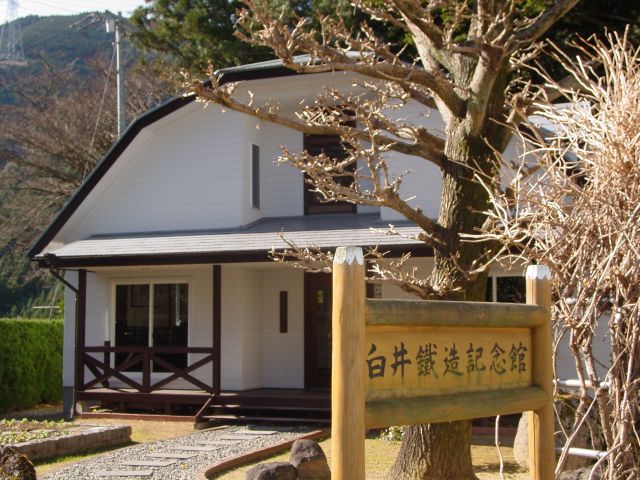
Facilities located on the site of Haruno Cultural Center. A native of Haruno, Shirai is famous for being the lyricist of "The Bloom of the Flower of Sumire", a parent of the Takazuka troupe. He is the first performer in Japan to perform choreography such as line dance. The hall houses Mr.'s love items such as grand piano and stereo. It displays materials related to Takarazuka, including scripted manuscripts, musical score, script, and posters. It takes 30 minutes.
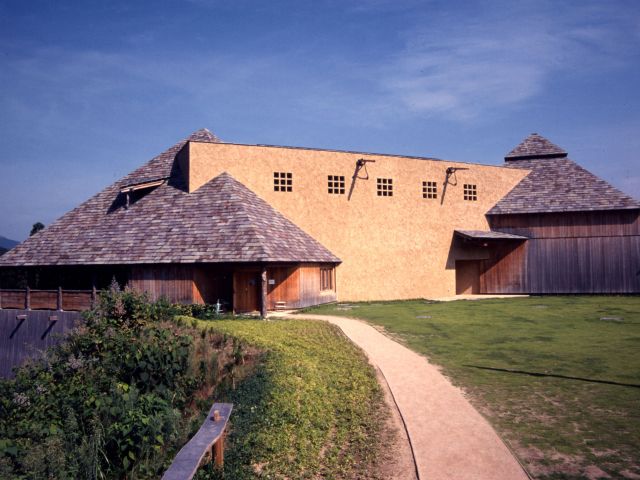
A museum that holds the works of Japanese painter Fujinori Akino, who received the Order of Culture, who continued to draw the Indian climate, nature, and temples as motifs. Designed by Terunobu Fujimori, the building has a personality with plenty of natural materials. The floor of the exhibition room, where you can take off your footwear, is lined with wicker and marble, so you can sit on the floor and appreciate it.
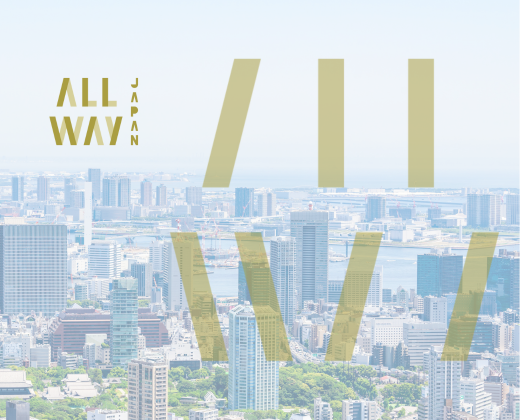
Facilities that introduce folk tales and traditional culture transmitted to the area. Inside the old building, which retains the style of architecture from the end of the Edo period, it displays folk tools and other items, and introduces the life of a farmer at that time. It takes 30 minutes. Local housewives serve a meal with local dishes, mainly local soba, and a specialty confectionery "Tojukuri", which is made from roasted soybeans and rice. Meal cost 1080 yen. Soba experience (1620 yen) is also possible.











